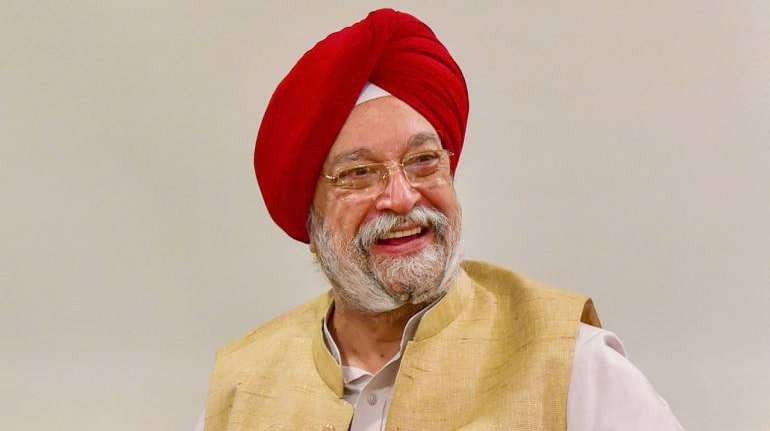
Around 32 percent of international passengers who arrived in India between August 8 and September 5 were able to get exemption from the seven-day institutional quarantine requirement as each of them had a valid COVID-negative test report, said Civil Aviation Minister Hardeep Singh Puri on Tuesday.
The Health Ministry had said earlier that from August 8, if any arriving international passenger has a negative report from an RT-PCR test done 96 hours prior to the journey, he or she need not undergo institutional quarantine in India.
"At @DelhiAirport alone between Aug 8 – 5 Sept, 29,399 incoming passengers out of a total of 90,843 have been granted this exemption,” Puri said on Twitter on Tuesday.
As per the health ministry rules, incoming international passengers need to undergo a seven-day institutional quarantine followed by a seven-day home quarantine in India.
Follow our LIVE blog for the latest updates of the novel coronavirus pandemic
"We hope to be of help to more people who are travelling to India in the coming days,” Puri said.
The details of these are being widely publicised by @MoCA_GoI, @AAI_Official, @airindiain, @FlyWithIX & other stakeholders.We hope to be of help to more people who are travelling to India in the coming days.
— Hardeep Singh Puri (@HardeepSPuri) September 8, 2020
The Civil Aviation Ministry had last Wednesday said international passengers who have to take connecting domestic flights after landing in India will have the option of getting themselves tested for COVID-19 at the entry airports.
If the RT-PCR test result is negative, the international passenger will be allowed to board his or her connecting domestic flight and he or she will not need to undergo any institutional quarantine, the ministry’s order said.
Delhi airport is likely to start this on-arrival testing facility from mid-September.
An international passenger who does not have a COVID-negative result certificate from a test done not more than 96 hours prior to the journey, and does not opt for an on-arrival testing facility at the entry airport, will have to compulsorily undergo seven-day institutional quarantine followed by seven-day home quarantine.
Scheduled international flights have been suspended in India since March 23 due to the coronavirus-triggered lockdown.
However, special international passenger flights have been operating in India under the Vande Bharat Mission since May and under bilateral air bubble arrangements formed between India and other countries since July.
Domestic flights resumed in India after a gap of two months on May 25.
Follow our full coverage of the coronavirus pandemic here.
Discover the latest Business News, Sensex, and Nifty updates. Obtain Personal Finance insights, tax queries, and expert opinions on Moneycontrol or download the Moneycontrol App to stay updated!